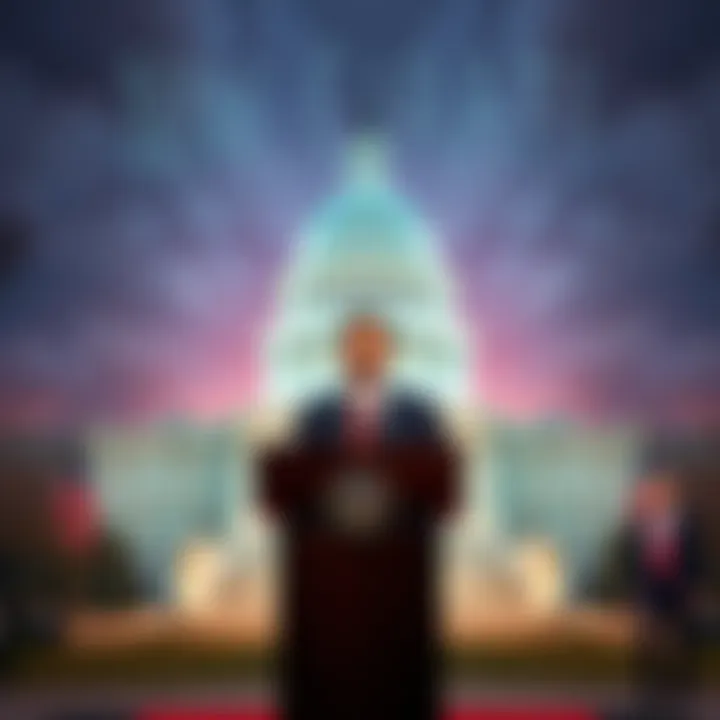Legislation to Bar Trump, Congress Members from Trading Crypto Sparks Debate | New Bill Introduced
Edited By
Chloe Dubois

A new bill by Rep. Ro Khanna aims to ban President Trump, his family, and members of Congress from trading cryptocurrencies and stocks. This comes on the heels of Trump’s controversial pardon of Binance CEO Changpeng Zhao, stirring strong reactions among the public and lawmakers.
Context of the Bill
The legislation seeks to address concerns over conflicts of interest in financial dealings among public officials. Critics label the pardon as corrupt, noting Zhao’s ties to Trump’s family ventures in cryptocurrency. Khanna has condemned this relationship, arguing for heightened ethical standards in government dealings.
Public Sentiment
Discussion online has been heated, with comments reflecting both support and skepticism:
Many support the legislation, calling it a "much needed step". Others, however, predict it may not pass due to the overwhelming financial incentives involved.
One comment echoes a common viewpoint: "It won’t, but it would solve a lot of our problems."
Some commenters point out the irony of Khanna proposing this bill, given his past record of stock trading while in Congress.
Key Themes from Comments
Corruption Concerns: Many discussions pivot around Trump’s pardon of Zhao and his financial involvements, which some see as a conflict of interest.
Skepticism of Effectiveness: Numerous comments express doubts about the bill’s viability and enforcement, suggesting that politicians will find ways around it.
Broader Legislative Calls: There’s a call for a more extensive ban on trading of all forms of securities by politicians, reflecting deeper frustrations with the current system.
"This should be a major concession for any budget talks," stated a commenter, pushing for broader reforms.
Key Takeaways
🔒 Proposal by Khanna aims to prevent insider trading.
💬 Support is mixed with skepticism about actual enforcement.
⚖️ Calls for comprehensive bans on all trading by elected officials are growing.
As this legislation moves forward, the ongoing discussions highlight a growing concern among the public regarding accountability and ethics in government. Can this new bill genuinely reshape the financial conduct of public figures, or will it simply gather dust?
What Lies Ahead for Cryptocurrency Regulations
As this bill gains traction, experts estimate a strong chance (around 70%) that it will prompt further discussions on how to effectively regulate not just crypto trading, but all financial dealings by public officials. Public interest in accountability is mounting, which may push lawmakers to respond. However, the path to passage is riddled with challenges, particularly given the historical resistance to such restrictions from those benefiting significantly from current financial systems. Observers should keep an eye on potential amendments that could dilute the bill’s original intent, as this debate unfolds in the coming months.
Lessons from the Waters of Accountability
In the early 1990s, the Savings and Loan crisis revealed deep flaws in the financial conduct of public officials, leading to significant reforms. While the context was different, the turmoil showcased how negligence can snowball into a larger crisis, ultimately necessitating stricter regulations. Just as the banking reforms that followed sought to restore public trust, the current discussions surrounding this crypto trading ban echo a familiar desire for clearer ethical standards among those in power. History suggests that while immediate changes may face hurdles, public pressure tends to navigate reforms toward accountability.
